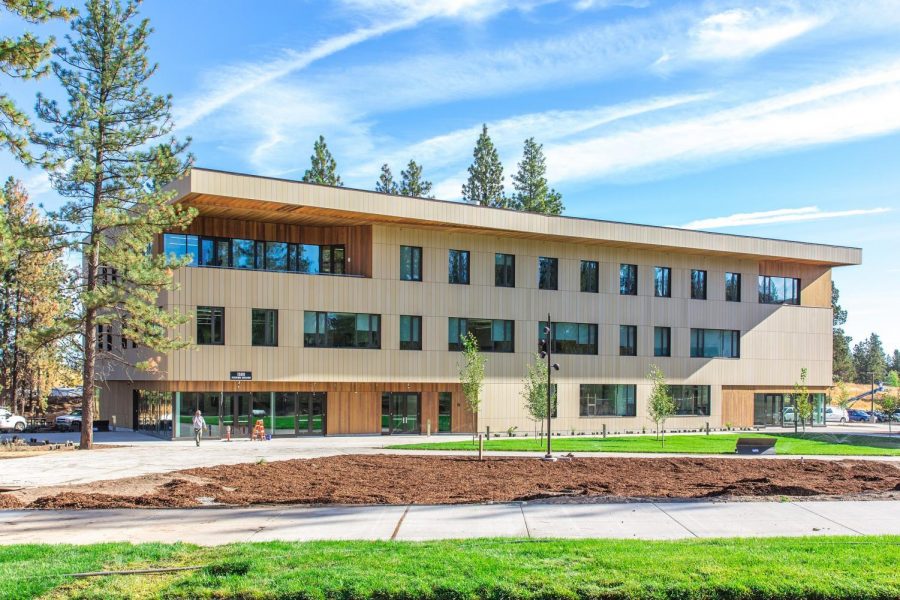OSU-Cascades community reacts to 2020 presidential election results
November 25, 2020
Oregon State University-Cascades faculty, staff and students address their point of view following President-elect Joe Biden being projected as the winner of the 2020 presidential election.
Tensions are high across the country as people are contesting its results, but in the state of Oregon, Biden leads a margin of 16% against President Donald Trump, according to the Associated Press. Oregon will certify its results by Dec. 3.
Judy Stiegler, a political science professor at OSU Cascades said, “I was quite pleased with voter turnout in this election, as it exhibits citizen investment in their future. On the national level, it appeared that Biden had the positive momentum going into election day. It turned out that this momentum was stronger than many anticipated.”
Stiegler said Biden was able to reclaim the “blue wall” which is a group of states in the MidWest that includes Michigan, Wisconsin and Pennsylvania. This is in contrast to the 2016 presidential election where Trump was able to win those states.
“On the state and local level, people were engaged and invested in these campaigns as well. There were several competitive races, but overall, Oregon voted heavily Democratic,” Stiegler said.
“Public polling was way off the mark,” said James Foster, a professor emeritus of political science at OSU Cascades.
This surge of Democratic support could be seen in the abundance of mail-in ballots in crucial swing states days after the election. For example, Georgia had a narrow margin of votes in both its presidential and senate election results.
As mail-in-ballots were counted the margins narrowed and increased, the Trump campaign and legal team have continued to cast doubt on the legitimacy of these ballots.
“The allegations of fraud in the 2020 election are themselves fraudulent,” Foster said.
Foster feels this is a symptom of a “deeply divided country” and outlined three main crises that are impacting the country right now. Foster said these crises are COVID-19, an economic downturn driven by the pandemic and a lack of substantial leadership in the country.
Foster thinks that Trump’s “narcissistic ego and inability to accept he lost,” are hurting the country, “making the transition period for the next administration as hard as possible.”
“The election is extremely drawn out and wild,” said James Arnold, a third-year student majoring in pre-med biology at OSU Cascades.
Arnold expected a small Trump victory and did not anticipate the number of mail-in ballots days after the election. While he does not believe the claims of voter fraud are legitimate, he thinks that “it’s fun to believe that there is something going on.”
Trump has not released a concession speech for the projected results of the election as of the time of this publication.
Arnold is a member of the United States National Guard and feels uncertain as to who the highest authority he will be answering to in the coming months is. “It’s definitely confusing,” he said, citing the federal agents that were sent to Portland, Ore. a few months ago as an example of where he may be deployed.
Despite the unpredictability of the coming months, Arnold feels that more people need to come together and understand each other.
“Push for kindness. You don’t need to be super liberal to be nice, you don’t need to be conservative to understand someone’s opinion. Take people for what they are and what they believe,” Arnold said.
























































































































